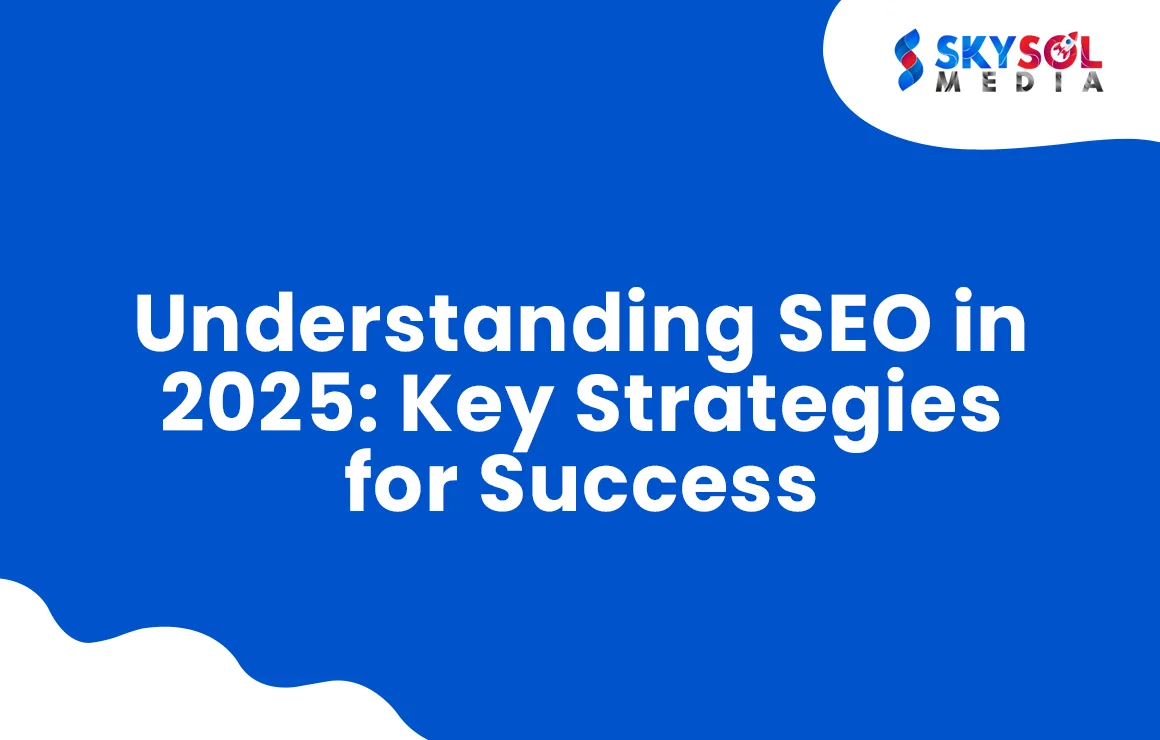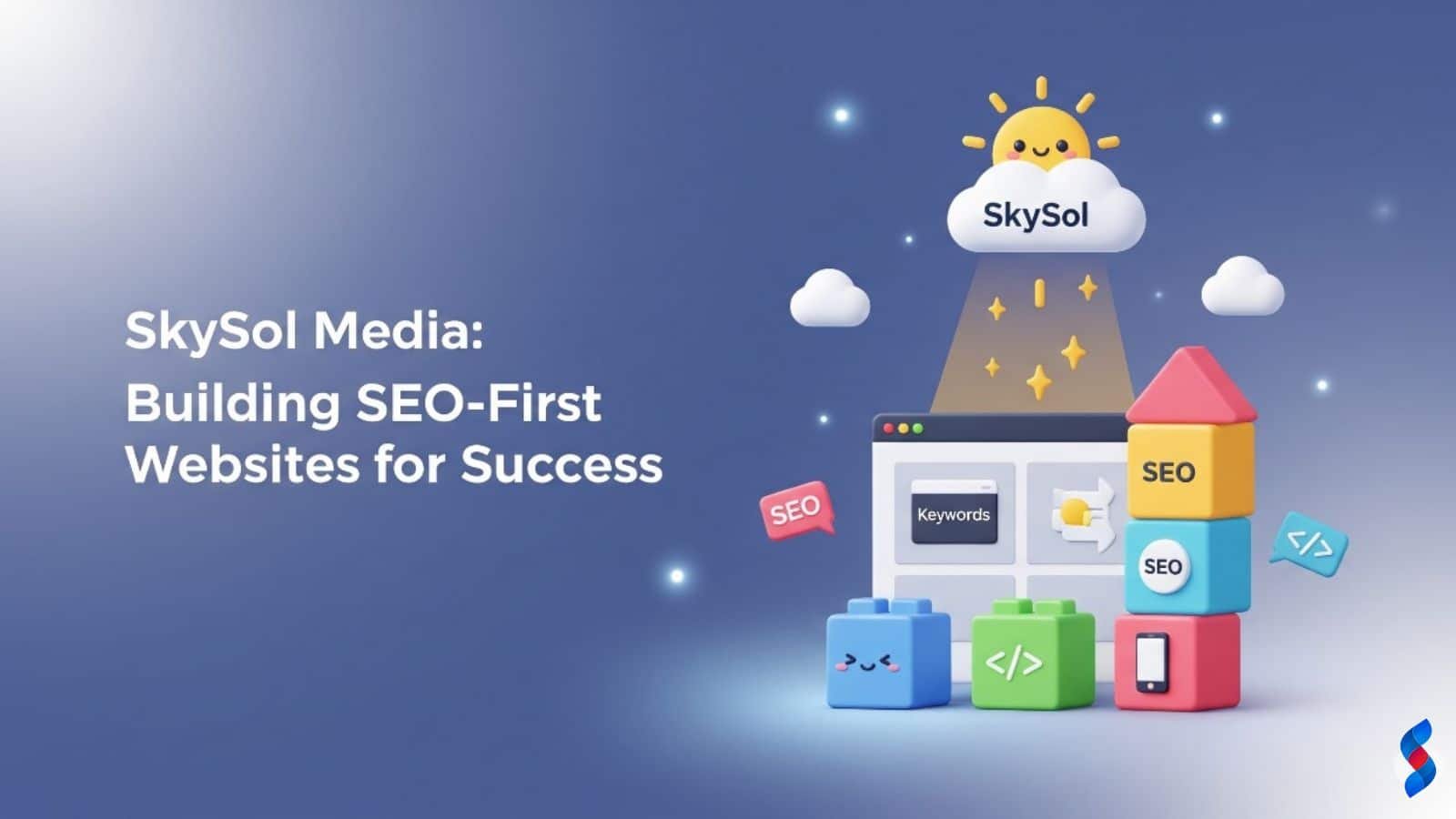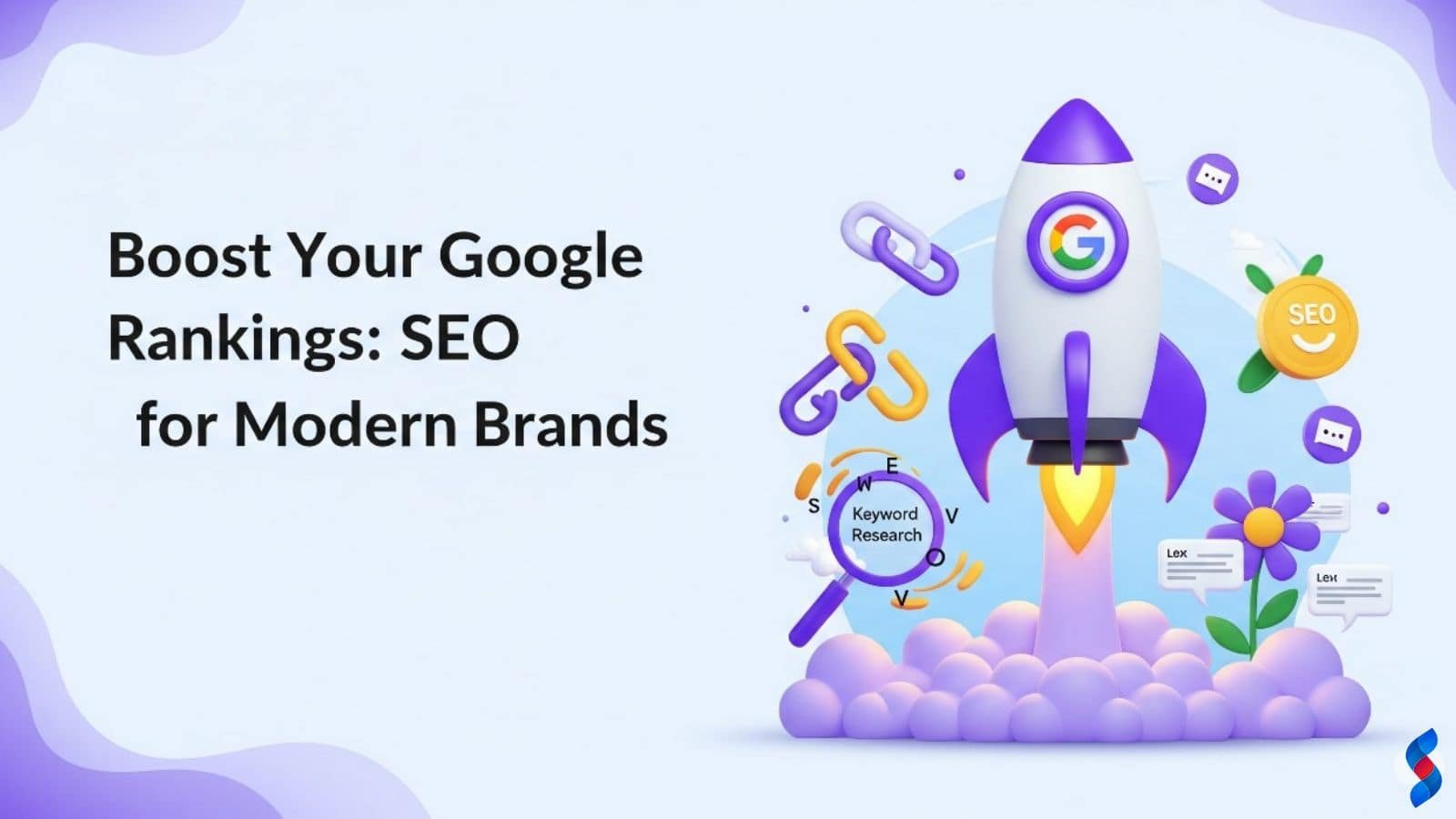Understanding SEO in 2025: Key Strategies for Success
Need help? Call us:
+92 320 1516 585
- Web Design And Development
- Graphic Designing
- Search Engine Optimization
- Web Hosting
- Digital Marketing
- CRO Services
- Brand Development
- Social Media Marketing
- PPC Marketing
- Content Marketing
- ERP Solutions
- App Development
- Game Development
- Printing Services
- Video Production
- Artificial Intelligence
- Data Entry
- Theme And Plugin Development
- Product Photography
- Software Development
- App Development
- Artificial Intelligence
- Brand Development
- Content Marketing
- CRO Services
- Custom Theme And Plugin Development
- Data Entry
- Digital Marketing
- ERP Solutions
- Game Development
- Graphics Designing
- PPC Marketing
- Printing Services
- Product Photography
- SEO
- Social Media Marketing
- Software Development
- Unique Category
- Video Production
- Web Design & Development
- Web Hosting
Weekly vs Monthly Blogging: Which Wins in 2025–26
Weekly vs Monthly Blogging: In the rapidly evolving landscape of SEO and digital content marketing, blogging remains one of the most effective tools for driving…
- By Qamar Yasin
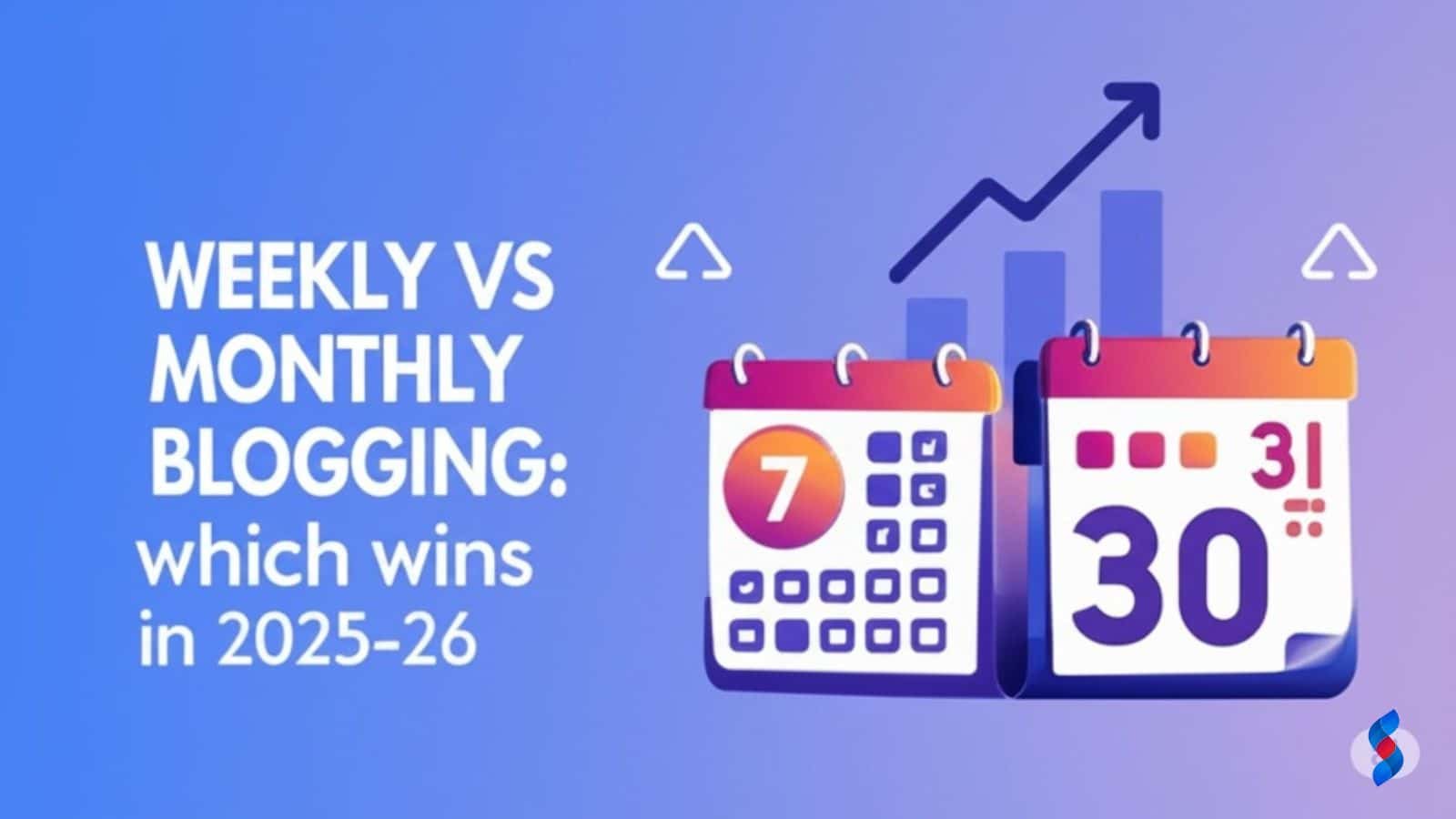
Weekly vs Monthly Blogging: In the rapidly evolving landscape of SEO and digital content marketing, blogging remains one of the most effective tools for driving organic traffic, establishing brand authority, and generating leads. But one question we hear all the time at SkySol Media is:
“Should we blog weekly or monthly in 2025–26 to get the best SEO results?”
The truth is, frequency matters—but so does strategy. In this blog post, we’ll unpack the pros and cons of weekly and monthly blogging, show real-world SEO data, and help you choose the best publishing cadence for your goals in 2025 and beyond.
Why Blogging Frequency Matters for SEO
Let’s start with the basics: Google loves fresh, relevant, and helpful content. Regular blogging helps you:
- Get indexed more frequently
- Improve keyword coverage
- Earn more backlinks
- Increase time on site
- Signal trust and activity to search engines
But more frequent doesn’t always mean better—especially if the quality drops. The ideal balance of quality + consistency is key, and that’s where the weekly vs. monthly debate comes into play.
Read Also: Best Blogging Frequency for SEO in 2025–26
Weekly Blogging: Fast Growth, High Engagement
Pros of Weekly Blogging
- More Keyword Opportunities
Publishing weekly means more chances to target long-tail and short-tail keywords relevant to your niche. - Faster SEO Results
Sites that blog weekly (or more often) tend to see quicker traffic increases because they create a larger digital footprint. - Improved Crawl Rate
Search engines crawl your site more often if they detect regular updates. - Increased Topical Authority
Weekly posts build a strong foundation of related content, helping you become an expert voice in your niche. - More Shareable Content
You create more assets to distribute on social media, email newsletters, and LinkedIn articles.
Challenges of Weekly Blogging
- Requires dedicated time and resources
- Can compromise quality if rushed
- Risk of content burnout without a clear strategy
Monthly Blogging: Deep Value, Lower Pressure
Pros of Monthly Blogging
- Focus on Long-Form, Evergreen Content
Fewer posts often mean more depth. You can take time to write 1,500–3,000+ word pieces that rank for months or even years. - Easier to Maintain Quality
Without the pressure of weekly deadlines, your team can focus on SEO research, formatting, and UX. - Ideal for Niche or Low-Competition Industries
If your industry isn’t highly competitive, one high-value post per month may be enough to stay visible. - Perfect for Solo Entrepreneurs or Small Teams
If you lack a full content team, monthly blogging is more realistic.
Challenges of Monthly Blogging
- Slower content momentum
- Fewer keyword targeting opportunities
- Limited engagement touchpoints
- Lower crawl rate over time
SkySol Media’s Data-Driven Observations
At SkySol Media, we’ve tracked the performance of over 100 client websites across different industries and content cadences. Here’s what we’ve learned:
| Blogging Frequency | Average Monthly Organic Traffic Growth | Average Time to Rank Top 10 (New Posts) | Engagement Rate |
|---|---|---|---|
| Weekly (4+ posts/month) | +18–30% | 2–3 months | High |
| Biweekly (2–3 posts/month) | +10–18% | 3–4 months | Moderate |
| Monthly (1 post/month) | +3–8% | 4–6 months | Low to Moderate |
Key Insight:
Sites that publish at least once per week consistently outperform monthly blogs in both SEO growth and engagement—but only if the quality is maintained.
Use Cases: When to Choose Weekly or Monthly Blogging
When Weekly Blogging Wins
- You’re in a competitive industry like finance, health, tech, eCommerce, or real estate.
- You have access to content writers, SEO strategists, and designers.
- You’re launching a new site and want to build authority quickly.
- You’re targeting multiple buyer personas or regions.
When Monthly Blogging Wins
- You’re focused on one key topic or service area.
- Your audience prefers in-depth, expert-level posts.
- You don’t have a full-time content team.
- You’re maintaining existing rankings with supportive content.
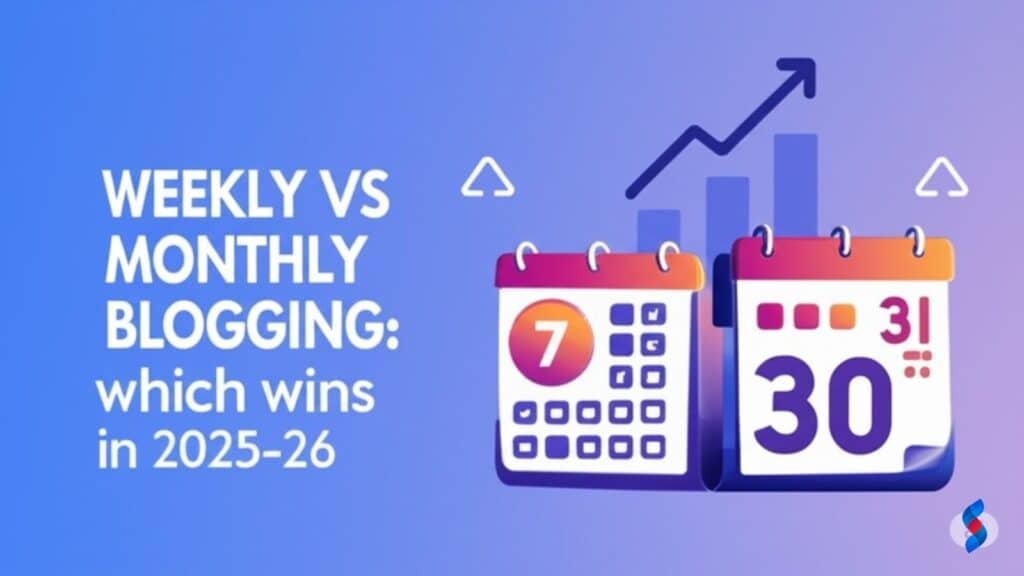
Responsible Blogging: It’s Not Just About Google
At SkySol Media, we emphasize ethical and responsible content marketing:
- Avoiding clickbait: Your headlines should deliver on what they promise.
- Fact-checking sources: Always cite trusted data and research.
- Inclusive language: Write for diverse audiences.
- User-first mindset: Your goal should be to educate, not just rank.
Whether you’re posting weekly or monthly, make sure each piece of content respects your reader’s time and adds real value to their journey.
SkySol Media’s Hybrid Approach: The Best of Both Worlds
We recommend a flexible hybrid model:
- Weekly for 2–3 months during product launches, SEO pushes, or brand building phases.
- Monthly during low season or maintenance phases with deeper evergreen topics.
- Repurpose existing content (videos, webinars, guides) into blog articles to save time.
We also focus on content clusters—publishing multiple related articles around a core topic to dominate the SERP (Search Engine Results Page).
Final Verdict: Weekly Blogging Wins (If You Can Sustain It)
To succeed with SEO in 2025–26, blogging weekly offers the best returns—as long as you can keep your content relevant, strategic, and human-focused.
If you’re short on time or staff, start monthly and scale up, using data to guide your decisions.
Don’t forget to share it
Table of Contents
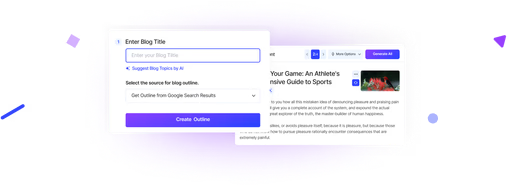
We’ll Design & Develop a Professional Website Tailored to Your Brand
Enjoy this post? Join our newsletter
Newsletter
Related Articles
The Ultimate SEO Guide for Growing Your Trading Business Online
Drive More Organic Traffic to Your Trading Platform with These Proven Tactics
Optimized for Success: How SkySol Media Builds SEO-First Websites
Boost Your Google Rankings: Proven SEO Tactics for Modern Brands
How to Write SEO-Friendly Blog Posts That Google Loves

